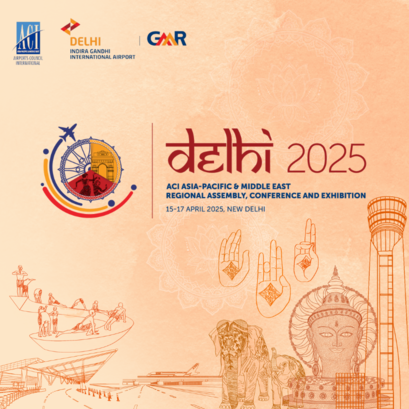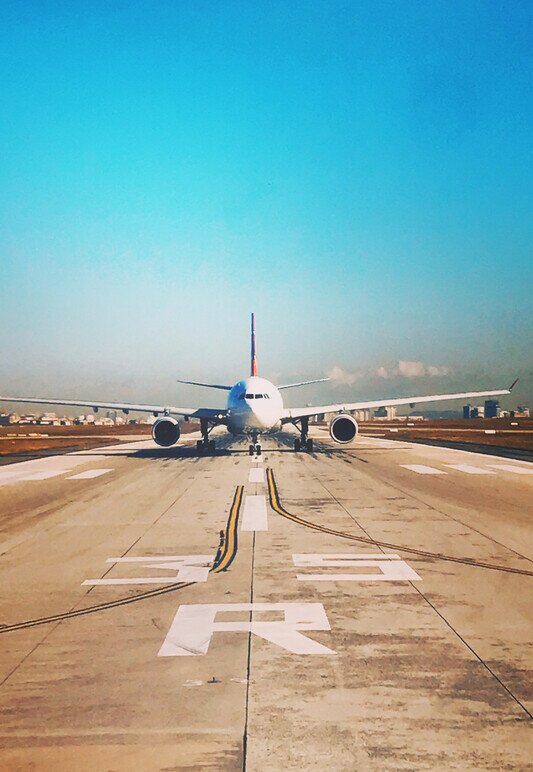
Melbourne Airport Passenger Performance January 2018
- 23 Feb 2018
Key points
- Busiest calendar month on record for International passenger traffic with 1,032,144 movements.
- Record month of International Arrivals with close to 555,000 travellers.
- Two airline announcements; Jetstar adds four additional services to Bali commencing in February and Qantas to launch daily Melbourne- Bali service in June 2018.
The year is off to a flying start for Melbourne Airport with record breaking passenger numbers achieved in the first four weeks of 2018.
January has proven to be the airport’s busiest calendar month in International passenger traffic reaching 1,032,144 movements, a six per cent increase since January 2017.
A new record was also reached for International Arrivals with 553,654 visitors touching down in Melbourne. In addition, Melbourne experienced a two per cent growth in domestic passenger movements, compared to the same time last year.
Melbourne Airport CEO Lyell Strambi said he expects to see significant aviation and passenger growth in 2018.
“We know we’re in for a bumper year as our travellers take full advantage of flying to new international destinations introduced in the past 12 months. Last year alone we added 1.5 million international seats to Melbourne’s capacity and we’re hoping to continue that momentum this year by working with airlines to attract new routes and services,” said Mr Strambi.
“Melbourne’s population is booming with more than 4.7 million people, which is an increase of almost one million people in the past ten years and Melbourne Airport is certainly leveraging off that growth and success.
“One of the reasons people visit Melbourne is because of its reputation as Australia’s cultural capital and with the 2018 Australian Open smashing its attendance records for a second year in a row, it’s easy to see why the airport experienced such strong inbound passenger traffic.
“This was further supported by the 2018 Lunar New Year being scheduled later in February, meaning we have had a longer summer peak than in 2017, with more traffic coming from the new routes added by Chinese carriers last year.
“As passenger and aircraft movements rise, so does pressure on our current two-runway system, which is not sustainable long-term especially when you consider passenger forecasts of almost 70 million people by 2038.
“Tackling this increasing congestion requires continued, smart investment in critical infrastructure, whether that’s a third runway at the airport, or improved access to the airport via road and rail projects.”
Visit Victoria CEO Peter Bingeman said that focused and effective marketing to both domestic and international locations with significant growth potential has meant that Victoria is now welcoming more visitors than ever before.
“We’ve been welcoming the world for decades, and increasingly our major international markets, including China, South East Asia, New Zealand, UK and USA are jetting in daily for business and pleasure, to be part of the global and financial powerhouse that Victoria has become.”
Mr Strambi said the airport is investing in a number of terminal upgrades to cater for the influx in overall passengers.
“It is our vision to be an airport that Melbourne can be proud of and to achieve that we are focused on improving elements of the traveller journey from getting around the airport’s forecourt and terminals to check-in and security screening,” said Mr Strambi.
“Works have already commenced on constructing Australia’s first smart security terminal and the second round of upgrades to self-service check-in.
“We look forward to another strong year ahead making and improving the traveller experience for Victorian travellers.”
Passenger figures for January 2018:
|










